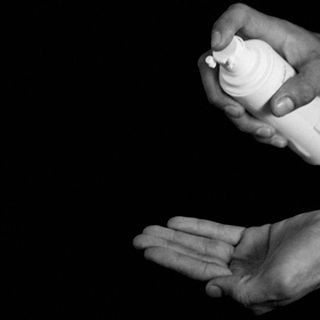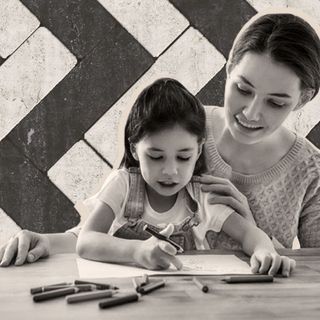Scientists at the University of Queensland, Australia, have developed a 10-minute blood test that can identify the presence of cancer cells in the body.
The test, still in development, has a 90% accuracy rate after testing on 200 samples of human cancer cells and healthy cells, meaning it correctly identifies the presence of cancer in the body 9 out of 10 times. The test cannot differentiate the type or location of cancer — for example, whether the markers indicate breast cancer, or, say, liver cancer — or the disease’s stage, but would be an initial red flag to physicians, who can then order more targeted, follow-up diagnostics.
The major breakthrough, researchers say, is the test’s ease and quickness, which could make cancer screening a standard part of health care, allowing diseases to be detected and treated at earlier stages.
“We certainly don’t know yet whether it’s the holy grail for all cancer diagnostics, but it looks really interesting as an incredibly simple universal marker for cancer, and as an accessible and inexpensive technology that doesn’t require complicated lab-based equipment like DNA sequencing,” Matt Trau, a professor of chemistry at the University and one of scientists leading the test’s development, told The Guardian.
Currently, cancer diagnosis relies on an invasive procedure called a biopsy — that is, a tissue sample from the suspected cancer site — which is typically only performed after a patient has reported symptoms. This reliance on self-reporting means cancer may go unrecognized until later stages, which lowers the chances of successful treatment. India, for example, has one of the world’s lowest incidences of breast cancer, but one of the highest mortality rates due to breast cancer, as stigma and lack of awareness keep women from noticing symptoms and seeking care early, when the disease is highly treatable.
The scientists behind the test are currently working toward clinical trials with a broad range of cancer patients.
“This test could be done in combination with other simple tests, and become a powerful diagnostic tool that could not just say that you have cancer, but also the type and stage,” Laura Carrascosa, a researcher at the University of Queensland, told The Guardian.
Related:




